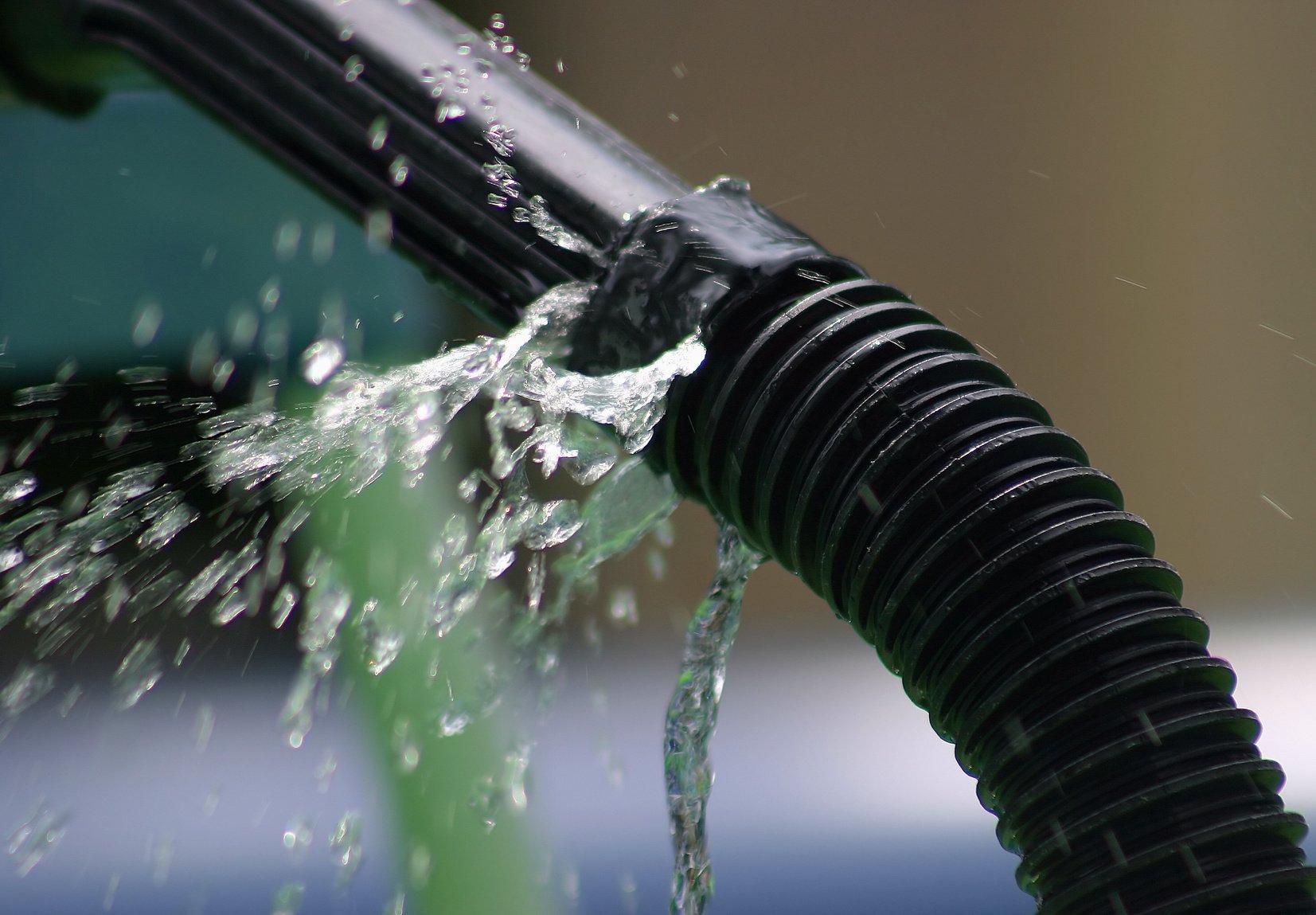Discover The Factors Causing Water Seepage in The House
Discover The Factors Causing Water Seepage in The House
Blog Article
Just how do you really feel with regards to Most Common Causes of Leaky Pipes?
/GettyImages-957479686-f3d2e677f2e749fc98aa207b474c5c1f.jpg)
Leakages not only trigger waste of water but can also cause unnecessary damage to your residence and also promote undesirable natural development. By recognizing as well as looking for day-to-day situations that cause leaks, you can secure your residence from future leaks as well as unneeded damages.
Encroaching origins
Many water leakages begin outside the house rather than inside it. If you see an unexpected reduction in water stress, say in your faucet, require time to go out and also examine your backyard. You could discover wet spots or sinkholes in your yard, and that might mean that tree origins are attacking water lines causing water to seep out. You can have your plumber look for intrusion, particularly if you have trees or shrubs near your property.
Corroded water supply
As time passes by, your plumbing system ages as well as deterioration such as corrosion might start eating away the pipelines. This might be the cause of staining or warping on your pipes. This calls for an evaluation with your plumber immediately. Think about changing the pipes given that they are at a greater risk of corrosion than the newer versions if our plumbing system is old.
Faulty Pipeline Joints
The factor at which your pipes attach is often the weakest web link in the waterline. Pipe joints can degrade with time, causing water leakages. The bulk of pipeline joints are not conveniently visible. If you have noisy pipelines that make ticking or banging noises, especially when the hot water is switched on, your pipeline joints are possibly under a lot of pressure. It is a good idea to have your plumber evaluate your system annually.
Instant temperature modifications.
Extreme temperature changes in our pipes can create them to increase and contract all of a sudden. This growth and also contraction may create fractures in the pipes, specifically if the temperature are below cold.
Poor Water Connectors
At times, a leak can be triggered by loosened hose pipes and also pipes that provide your devices. In case of a water links leakage, you may observe water running straight from the supply line or pools around your home appliances.
Obstructed Drains
Obstructed drains pipes might be aggravating as well as inconveniencing, but they can occasionally end up causing an overflow resulting in rupture pipelines. Keep removing any type of products that might drop your drains that can obstruct them to prevent such aggravations.
All the above are reasons for leaks but not all water leaks result from plumbing leaks; some leakages might come from roof covering leaks. All leaks must be fixed instantly to avoid water damage.
Leakages not only create waste of water but can likewise cause unneeded damages to your home and also promote undesirable organic growth. By looking and also comprehending for daily circumstances that create leakages, you can protect your home from future leakages and also unneeded damages. Today, we will look at 6 leakage creates that might be triggering your pipes to leak.
At times, a leakage can be created by loosened hoses and pipelines that provide your devices. In instance of a water links leakage, you might see water running straight from the supply line or pools around your home appliances.
How To Check For Water Leak In Your Home
How To Check for Leaks
The average household's leaks can account for nearly 10,000 gallons of water wasted every year and ten percent of homes have leaks that waste 90 gallons or more per day. Common types of leaks found in the home are worn toilet flappers, dripping faucets, and other leaking valves. These types of leaks are often easy to fix, requiring only a few tools and hardware that can pay for themselves in water savings. Fixing easily corrected household water leaks can save homeowners about 10 percent on their water bills.
To check for leaks in your home, you first need to determine whether you're wasting water and then identify the source of the leak. Here are some tips for finding leaks:
Take a look at your water usage during a colder month, such as January or February. If a family of four exceeds 12,000 gallons per month, there are serious leaks.
Check your water meter before and after a two-hour period when no water is being used. If the meter changes at all, you probably have a leak.
Identify toilet leaks by placing a drop of food coloring in the toilet tank. If any color shows up in the bowl after 10 minutes, you have a leak. (Be sure to flush immediately after the experiment to avoid staining the tank.)
Examine faucet gaskets and pipe fittings for any water on the outside of the pipe to check for surface leaks.
Undetected water leaks can happen without the home or business owner even realizing. If you suspect a water leak, but not able to find the source. It is time to contact a professional water leak detection service, The Leak Doctor.
How To Find a Water Leak In Your Home
https://www.leakdoctor.com/blog/How-To-Check-For-Water-Leak-In-Your-Home_AE197.html

Do you like more info about Common Water Leaks In House? Try leaving a review down below. We would be glad to hear your feelings about this post. We hope that you visit us again later on. Sharing is nice. Helping others is fun. Thanks for your time. Come back soon.
Book Service Report this page